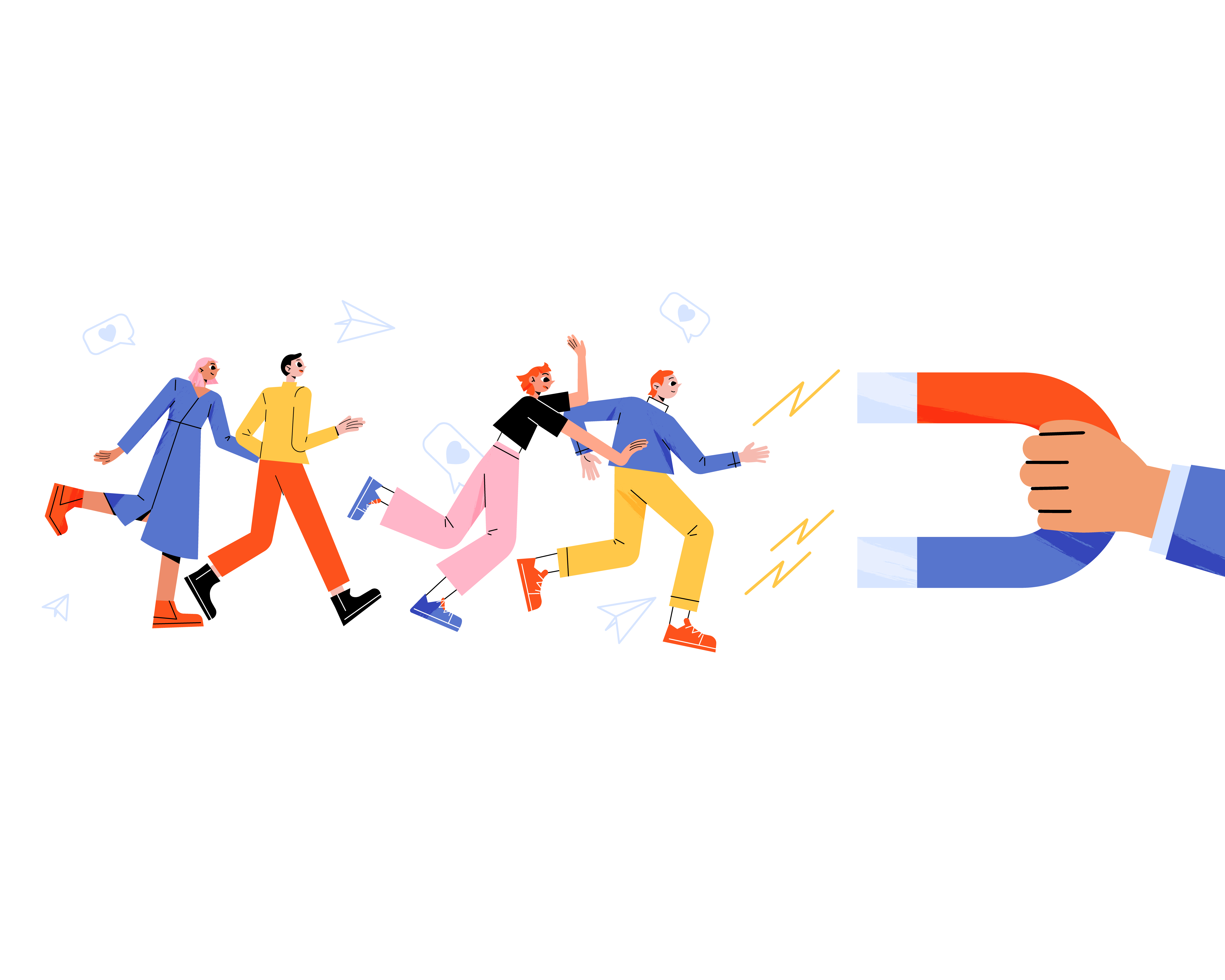Last year, when Yelp CEO Jeremy Stoppelman announced that the company would go fully remote, shuttering all physical offices, he acted like the decision was a win-win for everyone involved. “Employees are more satisfied working remotely as they can spend precious time they would have otherwise spent commuting doing the things they love with the people who mean the most to them,” Stoppelman wrote. “It’s best for our employees and for our business.”
Stoppelman isn’t the only one. TaskRabbit has also closed all office locations, as have a spate of smaller companies. With the chance to cut costs by downsizing office space, it’s no surprise employers want to act as if everyone loves working from home. But a recent Gallup poll found that of employees with jobs that can be done remotely, only 33% prefer fully remote work. What’s more, the U.S. surgeon general last month released a report warning that social isolation is as deadly as smoking 15 cigarettes a day, declaring the loneliness epidemic an urgent public health crisis requiring immediate action.
Research shows employees with a high need for relatedness are particularly vulnerable to loneliness, as are extroverts — who perform worse, are less satisfied with their jobs, and experience more burnout when working from home. Last year, Microsoft found more than half of workers feel more isolated and less connected to colleagues due to the shift to remote work, and other researchers have found lonely employees are more likely to quit their jobs.
Demographics play a part. People who live with roommates, partners, or children may feel fine working from home. But other groups are more likely to struggle, such as those who live alone, lack a quiet, dedicated workspace at home, or have recently moved to a new city.
One pitfall of remote work is the blurred boundaries between work and home. Microsoft found remote employees feel pressured to constantly be available, even outside of regular business hours. And unfortunately, the pressure to be available doesn’t affect everyone equally. A report last year from the Institute for Gender and the Economy found primary caregivers, who are most often women, are more likely to suffer from such demands.
Other downsides include a decrease in mentorship and apprenticeship and an increase in a more sedentary lifestyle. A recent study found remote work reduced the amount of feedback received by junior engineers by 15%, while another study found people who work from home sit for long periods without moving, clocking in an additional 100 minutes of sedentary time.
But as much as some employees may hate remote work, these are dire economic times. With corporate revenues sagging and the labor market contracting, organizations aren’t exactly rushing to start pouring money back into office space. Fortunately, there are ways organizations can support struggling employees, empowering them to meet their social and professional needs even in the absence of a physical office.
For organizations:
- Acknowledge reality. Different employees have different personalities, work styles, and needs. You can support employees by finding ways to stay connected, such as hosting work happy hours or organizing company sports leagues, such as kickball, softball, and ultimate frisbee.
- Help employees connect during work. Organizations can consider offering optional co-working sessions that employees can join over video — not so they can chitchat all day but to give them a motivating feeling of “we’re all in this together,” working toward the same shared goals.
- Facilitate in-person co-working. Instead of leaving employees to fend for themselves, support them by providing social places to work during the day. Ideally, that means maintaining office space for those who prefer to work in person. If that’s not feasible, consider designating one or two centrally located co-working spaces.
For employees:
- Experiment and adjust. Take whatever steps are necessary to stay motivated, productive, and sane. If you’re someone who hates working from home, keep track of what works and what doesn’t. Try working in different locations around the house, and take note of which ones make you feel most engaged.
- Get out of the house. If you find working from home is making you miserable, consider joining a co-working space or spending a few hours every day working from coffee shops. You could also consider inviting your colleagues to join you for daytime co-working sessions. Even when not collaborating on a project, the stimulation of social interaction and the mere presence of other humans can be motivating and inspiring.
- Fill in the gaps. Understand that some benefits that occurred naturally when working full time in the office may not happen as much when you’re working remotely. So seek out mentorship and career guidance, maintain regular communication with your colleagues, and ask for career advice and performance feedback as often as possible.
- Initiate social interactions. Be intentional about building relationships with new colleagues and keeping in touch with the ones you already know. Reach out to your colleagues just to say hi and chat, even when there’s no work-related reason to be in contact. You’re unlikely to make new friends during a team video meeting, but a weekly one-on-one call can be surprisingly intimate.
Remember, remote work doesn’t have to spell the end of work-as-community. With intention and initiative, this is an opportunity for the meaning of community to evolve. Above all, acknowledge human variability. No two employees are the same, and a one-size-fits-all approach won’t work. That’s why it’s so important for organizations and employees to work together to design work environments that enable everyone to thrive — regardless of their work style.





.avif)


